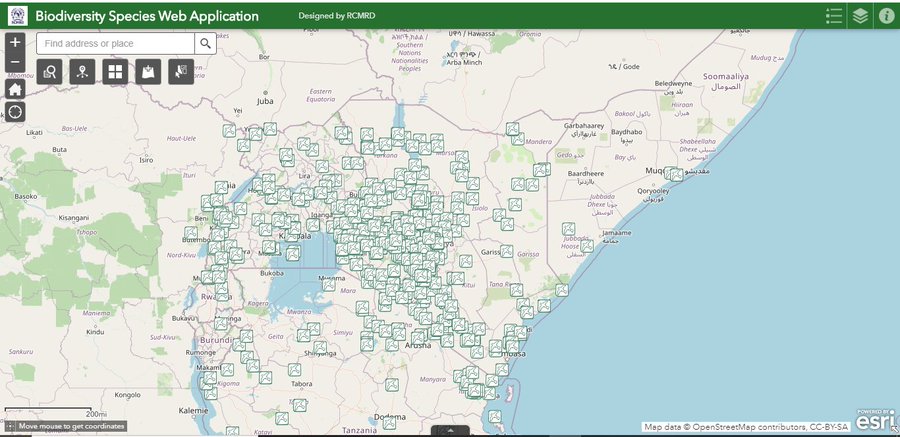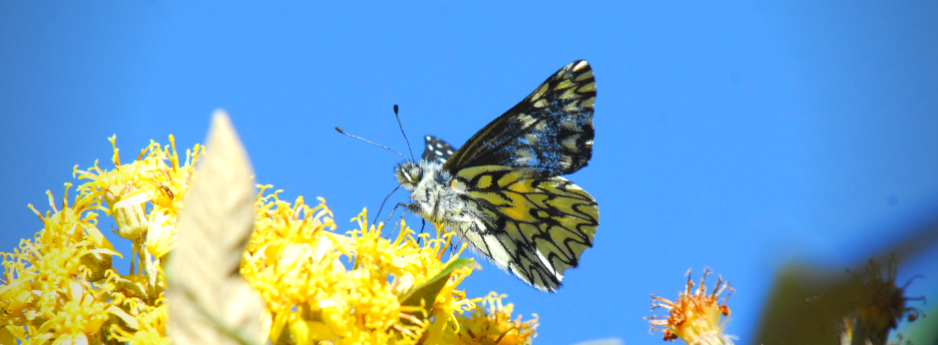The United Nations proclaimed May 22 as the International Day for Biological Diversity (IDB) to increase understanding and awareness of biodiversity issues. When first created by the Second Committee of the UN General Assembly in late 1993, 29 December (the date of entry into force of the Convention of Biological Diversity), was designated The International Day for Biological Diversity. In December 2000, the UN General Assembly adopted May 22 as IDB, to commemorate the adoption of the text of the Convention on 22 May 1992 by the Nairobi Final Act of the Conference for the Adoption of the Agreed Text of the Convention on Biological Diversity. This was partly done because it was difficult for many countries to plan and carry out suitable celebrations for the date of December 29, given the number of holidays that coincide around that time of year.

Biodiversity is the living fabric of our planet. It underpins human well-being in the present and in the future, and its rapid decline threatens nature and people alike. According to the Global Assessment Report on Biodiversity and Ecosystem Services released in 2019 by the Intergovernmental Science-Policy Platform on Biodiversity and Ecosystem Services (IPBES) at UNESCO, the main global drivers of biodiversity loss are climate change, invasive species, over-exploitation of natural resources, pollution and urbanization. Ecosystems like deserts, forests, wetlands, mountains, lakes, rivers are also part of the biodiversity which allows living organisms to form a community and live together. According to the UN citing State of the World's Forests, on land, the most important ecosystems and biodiversity refuges are forests which are home to most of earth's terrestrial biodiversity. The Global Report demonstrated the responsibility of human activities in the loss of biodiversity, which amounted to 75 percent for terrestrial ecosystems. This assessment also indicated that solutions existed and that it was not too late to act.

The theme of the 2020 International Day for Biological Diversity is “Our Solutions are in Nature." It shows that "Biodiversity remains the answer to a number of sustainable development challenges that we all face. From nature-based solutions to climate, to food and water security, and sustainable livelihoods, biodiversity remains the basis for a sustainable future. According to the UN, three-quarters of the Earth's land-based environment and about 66 percent of the marine environment have been altered by human activity, and the latest report submitted by the Intergovernmental Science-Policy Platform on Biodiversity and Ecosystem Services (IPBES), states that more than one million animal and plant species are at risk of extinction. According to the UN, more than 3 billion people depend on marine and coastal biodiversity for their livelihoods, whilst another 1.6 billion depend on forests. The conservation of the Earth's species no longer constitutes a mere altruistic dimension; it is vital to ensuring our very survival. The year 2020 is a year of reflection, opportunity and solutions. It is necessary to build a global framework that will bend the curve on biodiversity loss as it will benefit humans and all life on Earth. This theme focuses on hope, solidarity and the importance of working together or to come together to build a future of life in harmony with nature. At RCMRD, many of our projects deal with biodiversity. See: http://servir.rcmrd.org/ http://gmes.rcmrd.org and visit our Biodiversity Map Viewer that provides access to high quality information on species distribution in Kenya and its neighboring environs, revealing the areas that need concentrated conservation efforts. https://apps.rcmrd.org/biodiversity/ #BiodiversityDay #BiodiversityDay2020













